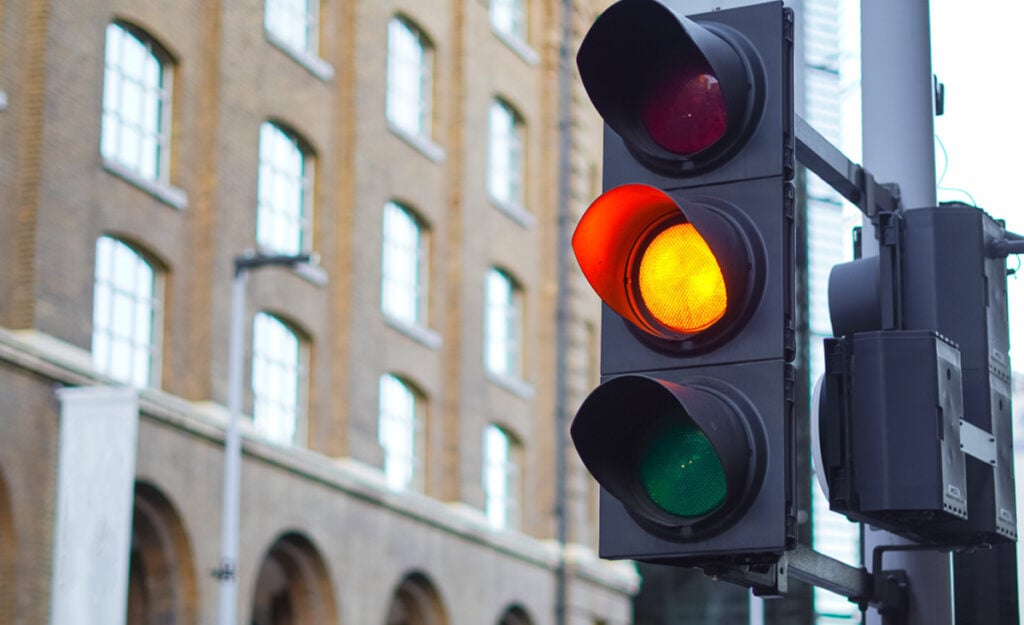
4.1% of local vehicle loan balances on an annualised basis were not paid for the first time over the period of January to March 2021, according to Experian, and this is bad news for South African car owners.
“Judging by the number of calls that we are receiving, it is evident that creditors are enforcing their rights to either receive payment or have their asset returned,” said Neil Roets, CEO of Debt Rescue.
“Most of the banks did not do a lot during the initial lockdown to collect on their outstanding debt. In fact, many banks have given payment holidays to their clients. The situation has since changed dramatically.”
The result: many South Africans face the risk of having their vehicle repossessed.
The process of repossession
In accordance with the National Credit Act, the first step of a vehicle repossession is receiving a letter of demand. This can take place 20 days after the first missed finance instalment.
The letter of demand will typically give you a time period in which to pay the missed instalment.
If payment is not made within the stated time period, a summons will be issued.
After the summons is issued, the matter can proceed to trial in court.
If the court finds that a repossession of a vehicle must take place, an order is granted stating the creditor may obtain a warrant of execution.
This will allow them to repossess your vehicle.
Auction agency
Once the vehicle has been repossessed, it will be handed over to an auction agency – where it will be sold to cover the deficit owed to the creditor.
If the deficit is not fully covered after the auctioning of your vehicle, you may still have to pay the creditor more.
However, if the amount received after selling your vehicle is more than the deficit owed, you will be given the excess.
It must be noted that if your car gets repossessed, you will also have to pay for the creditor’s legal fees.
“Lenders will normally take a number of steps before repossession to make sure the consumer has ample opportunity to make up short payments,” said Benay Sager, head of DebtBusters.
Their attitudes shift, though, after legal action has been taken.
“It is very important to prevent a situation where legal action is started,” said Roets.
“Once legal action is taken, it is very difficult to find a solution.”
Sager added that if you are facing a potential repossession of your vehicle, you must not avoid phone calls or emails from the creditor.
“It is important to face the music, as they say, and hiding from debt obligations or lenders will not help the situation,” said Sager.
Making a payment plan
A way to avoid a vehicle repossession is by making a payment plan with the creditor.
This is a good course of action if you don’t have the money to pay at the moment, but you will have funds in the future.
To do this, you will need to contact your creditor and ask to make such arrangements.
Voluntary surrender
In terms of section 127 of the National Credit Act, a consumer may also voluntarily surrender their car to the creditor if they are unable to keep up with payments.
This can be done by giving written notice to the creditor indicating that you wish to terminate your contract.
After giving this notice you have five business days in which to hand over the car or make plans to hand over the car.
10 days after receiving of the car, the creditor must then provide a written estimation of the car’s value.
The consumer will then have 10 business days to decide whether they still want to voluntarily surrender the car.
Voluntarily surrendering your car will help you avoid the fees associated with a repossession.
Selling your car
Another potential option for a consumer is to sell their car. It must be noted, however, that if you sell your car you still owe the creditor.
The creditor can therefore take the matter to court to get an order against you and claim other assets if needed to cover outstanding payments.
The upside of selling your car is that you can control how much you receive for your car – and the funds can be used to pay the creditor.
Debt counselling
Sager said that South Africans in financial trouble must take steps to protect themselves, which includes debt counseling.
“Debt counselling is a great option for consumers who have the ability to pay towards their debt, but can no longer afford original payments,” said Sager
By entering debt counselling before you have received a summons from a creditor can also assist in preventing the repossession of your car.
Entering debt counselling will reflect on your credit record, though, and may affect your ability to obtain a loan in the future.













